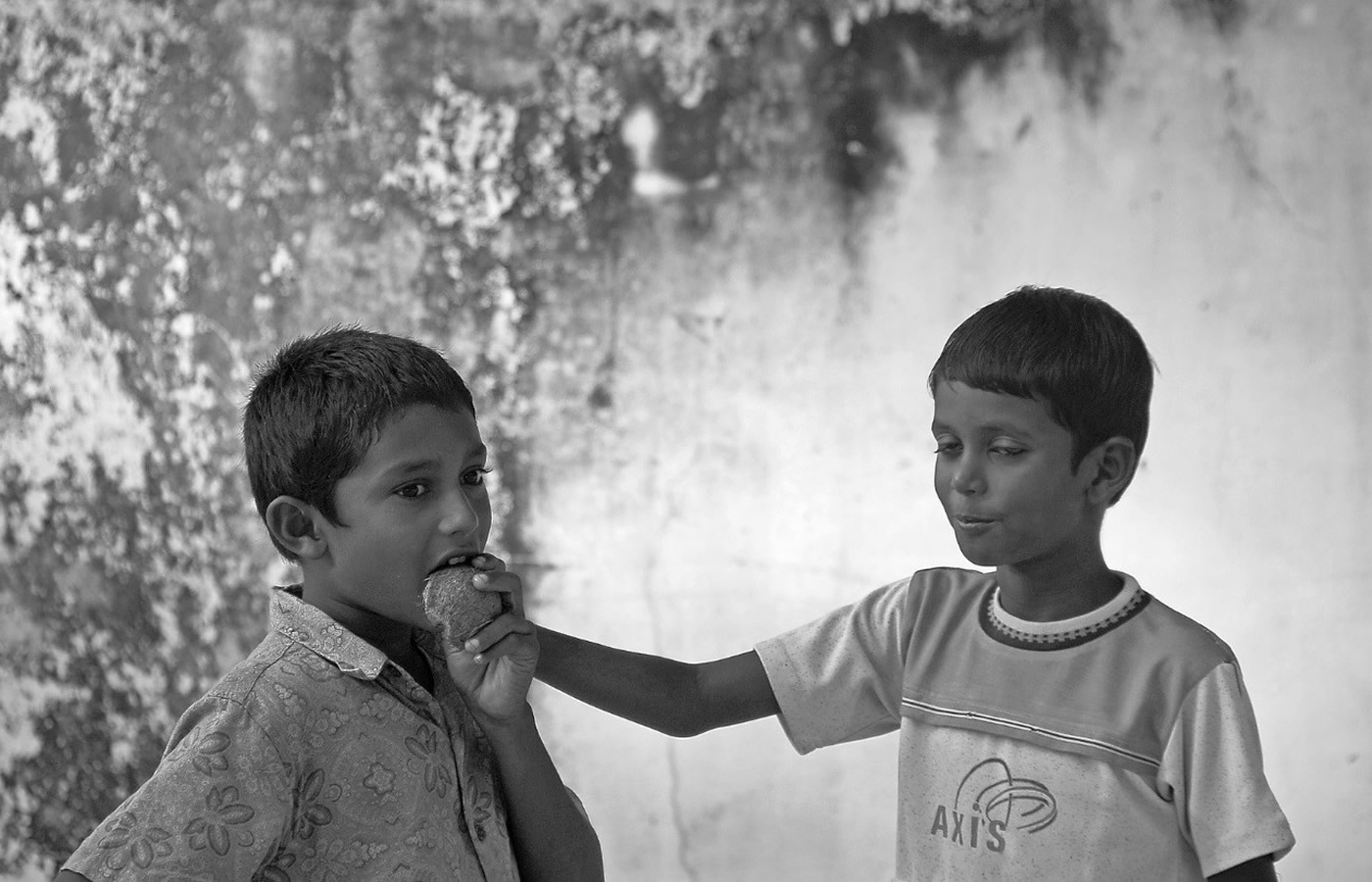Not forgiving someone is like drinking poison yourself and expecting the other person to die. It will slow you down and hinder everything you do.
One of our learning-group members from South Sudan, Bishop Isaiah Dau, shared his challenging personal story about forgiveness with me in an interview recently. He shows how such a difficult act is at the heart of all genuine transformation in communities, organizations and societies. He gives us a remarkable and inspiring example in the following account.
Isaiah should know about this better than most of us. A few years ago his younger brother was murdered by members of his own clan – people Isaiah knows well. The only appropriate cultural response was revenge.
I really struggled with this. He was my younger brother. How could I stand aside? I was so, so angry. But with great difficulty I decided to let the law take its own course instead. By choosing to forgive and not seek revenge, peace was able to grow between our families.
As a Christian I have no other option but to forgive. I take strength from the Lord’s prayer where Jesus commands us to forgive others as Christ forgives us.
Isaiah continues:
As a leader I cannot afford to hold grudges … even when they are so wrong. Sometimes as a leader I’m desperate to show them who is boss. But I know that if I remain bitter, it will harm me more than the person I’m angry with. It gets in the way of my leadership. When I’m bitter I cannot respond reasonably to day-to-day issues. It cuts me off from God and cuts me off from other people. It only slows me down.
Forgiveness is hard work. You are dealing with a reality of pain and loss that cannot be pretended away.
I’ve discovered it takes time to let go and forgive. It keeps coming back. It is a daily struggle. I have to go on forgiving these people.
Isaiah has found it helps if you:
- Acknowledge the reality of what has happened. You can be angry. But you cannot go on living in that. You have to deal with it for your own good. You have to move on, however difficult.
- Do not wait for an apology. “If they ask for forgiveness, you forgive. If they don’t ask for forgiveness, you still forgive.”
- Reinforce your decision to forgive with actions – “Find opportunities to act graciously. As you back up your decisions with actions your feelings will change.”
- Make it a habit. Forgiveness is not just about the big things. It is also the mundane issues too. As Isaiah says of his own church: “Forgiveness is a daily thing with the people we work with. If you speak the truth, some people will take offense.”
As a Christian leader himself, Isaiah realizes he has to ask for forgiveness too. He is not always right and must also make painful apologies.
He recounts:
One time we had a serious crisis with a fellow church leader. He started it, but the way I reacted was even more wrong. I was so angry I wanted to slap him. I so nearly resorted to violence. Fortunately before I did, I thought about the consequences of my action – a church leader who has always spoken about forgiveness hitting another Christian. The whole community would see. So instead, I said to the man “I’m sorry. The way I reacted was wrong.” I left it at that and did not blame him for starting it. He, in turn, apologized. A deeper friendship was born.
Such experiences stand Isaiah in good stead for his current role as a mediator in the South Sudan peace talks. He believes that forgiveness in such a context of conflict is not an optional extra, or the icing on the cake, but is absolutely fundamental. He relates:
Throughout the process very, very wrong things have been done to people, to communities, to the nation. Not everyone will see forgiveness the way we do. But if we do not deal with it and publicly forgive, there may be genocide.
The conflict in South Sudan may seem a long way from our day-to-day office reality. In our contexts, the consequences of a lack of forgiveness will rarely be so extreme. Yet the underlying principles are always the same. It is only forgiveness that can truly transform any conflict whether in the office or in Sudan. Genuine forgiveness is not easy or superficial. It is usually incredibly painful and costly.
Just as with the peace talks, forgiveness is all about thinking beyond your self-interest (or clan interest). As Isaiah points out, “It is about genuinely putting the interests of others before your own.”
It sounds pretty close to what Jesus meant when He said: “Love your enemies.”





